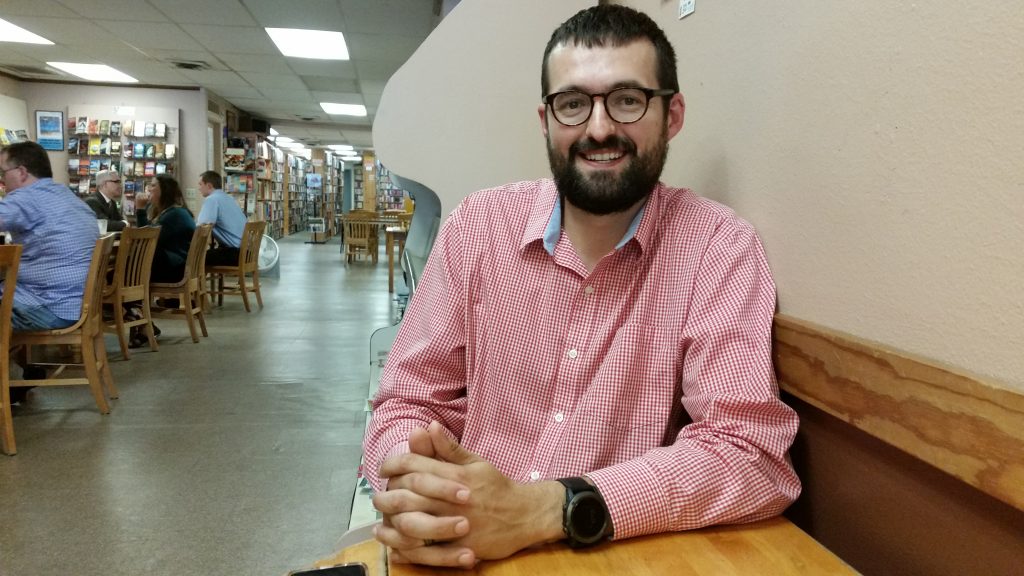By JAN LARSON McLAUGHLIN
BG Independent News
Like much else in 2020, COVID-19 has taken a toll on people struggling with addiction. So far this year, Wood County’s Addiction Response Collaborative has responded to 82 overdoses, compared to 49 in 2019.
ARC representatives Annie Wilson, of the county prosecutor’s office, and Adam Henry, of the sheriff’s office, presented an update last week to a joint meeting of the Wood County Prediction Coalition and Wood County Addiction Task Force.
So far this year, the ARC program has recorded 17 overdose deaths in the county.
The coronavirus pandemic has created instability for many struggling with addiction, Henry explained. People lost their jobs and became depressed, he said. Those on probation or parole may not have been able to go in for their regular urine screens.
And the ARC staff has been forced to check in on people virtually.
“I believe that face-to-face engages someone better than over the phone,” Henry said.
At the same time, the pandemic has cut back on marketing of the ARC program, Wilson said.
“Obviously, COVID has put quite the damper on that,” Wilson said.
And it has made it impossible for Henry to go into local schools and reach out to those in need.
“There’s so much more this program has to offer,” that is on hold right now due to the pandemic, Wilson said.
The ARC team responds to overdose incidents and other addiction-related incidents. The team initiates a conversation with the survivor and family members. The goal is to encourage and connect people with treatment and counseling through multiple local behavioral health providers.
ARC follows up with them, encouraging them, looking for any gaps in the services. The team works with programs in the court system, including a diversion program, analyzing the current intervention process being used by the court and the implementation of a court docket specific to addiction.
In other business at last week’s meeting, Milan Karna, coordinator of the Wood County Prevention Coalition with the Wood County Educational Service Center, reported on the marijuana issues that appeared on ballots across the nation earlier this month.
Arizona, Montana, New Jersey and South Dakota voted to approve marijuana for personal use. Mississippi and South Dakota voters approved it for medicinal use.
Karna said there are rumblings of the U.S. House voting on legalization of marijuana, but such a bill would be unlikely to pass the Senate, he said.
Oregon voted to decriminalize small amounts of all drugs, and the District of Columbia voted to decriminalize psychedelic drugs.
Since the prevention coalition and addiction task force focus on other possible addictive behaviors, such as gambling, Karna also reported that 20 states now fully legalize sports wagering. Maryland, South Dakota and Louisiana voted in the Nov. 3 election to legalize that form of gambling.
Ohio is considering such a step during the lame duck session, he said. While sports wagering could help with state revenues, it could have other negative consequences, Karna said.
Also at the meeting, Francesca Leass, of the Wood County Health Department, reported the high demand for COVID-19 testing locally.
“The numbers are just rampant right now,” she said. “There are so many people who want to get tested and they’re being turned away. There just aren’t enough tests.”

And Karna informed the groups that he was stepping down after six years with the Wood County Educational Service Center to take a job with the Ohio Department of Health’s addiction services.
“We are going to miss him greatly,” said Kyle Clark, prevention education director of Wood County Educational Service Center. “We can’t thank you enough for all that you have done.”





